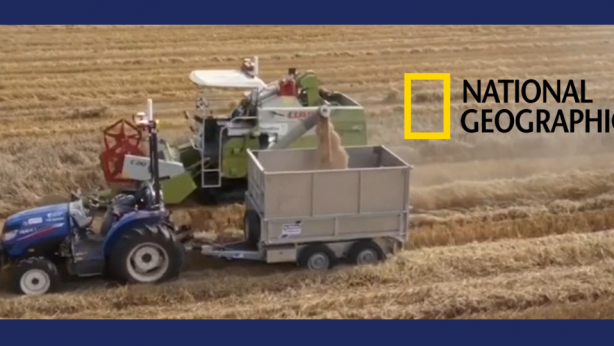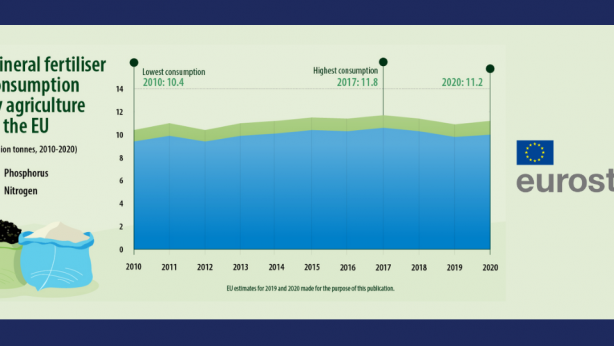World Soil Charter, Principle 3 on Sustainable Soil Management
Soil management is sustainable if the supporting, provisioning, regulating, and cultural services provided by soil are maintained or enhanced without significantly impairing either the soil functions that enable those services or biodiversity. The balance between the supporting and provisioning services for plant production and the regulating services the soil provides for water quality and availability and for atmospheric greenhouse gas composition is a particular concern.
Voluntary guidelines for Sustainable Soil Management
- Minimal rates of soil erosion by water and wind.
- Soil structure is not degraded (e.g. soil compaction) and provides a stable physical context for movement of air, water, and heat, as well as root growth.
- Sufficient surface cover (e.g. from growing plants, plant residues, etc.) is present to protect the soil.
- The store of soil organic matter is stable or increasing and ideally close to the optimal level for the local environment.
- Availability and flows of nutrients are appropriate to maintain or improve soil fertility and productivity, and to reduce their losses to the environment.
- Soil salinization, sodification and alkalinization are minimal.
- Water (e.g. from precipitation and supplementary water sources such as irrigation) is efficiently infiltrated and stored to meet the requirements of plants and ensure the drainage of any excess.
- Contaminants are below toxic levels, i.e. those which would cause harm to plants, animals, humans and the environment.
- Soil biodiversity provides a full range of biological functions.
- The soil management systems for producing food, feed, fuel, timber, and fiber rely on optimized and safe use of inputs.
- Soil sealing is minimized through responsible land use planning.



